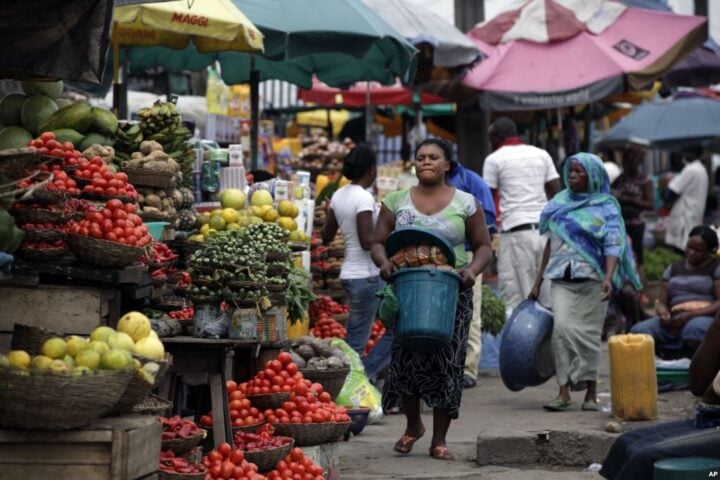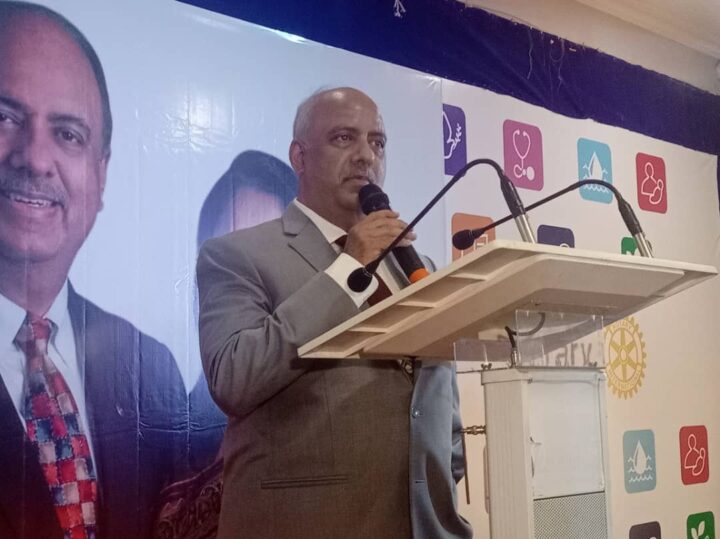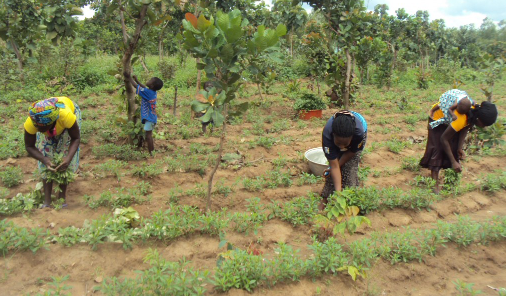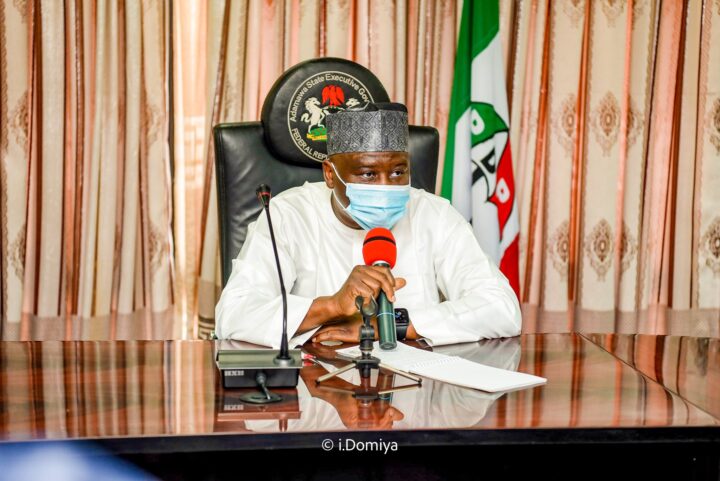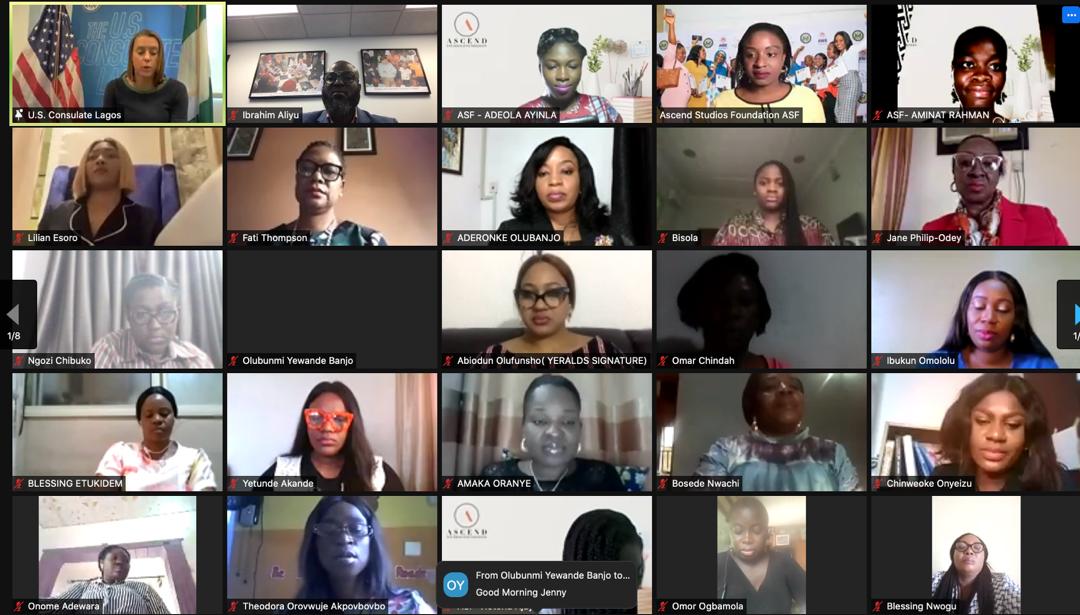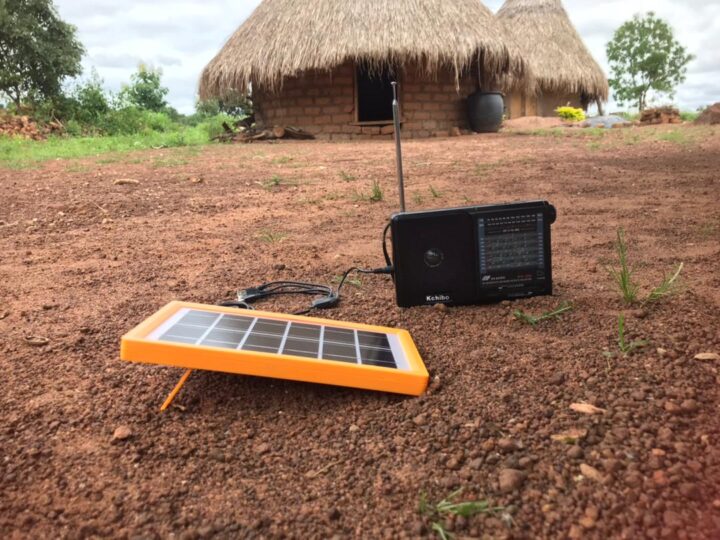A report by the Socio-Economic Rights and Accountability Project (SERAP) says 27 million Nigerians earn less than N100,000 per year.
The organisation, on Thursday, launched the report titled ‘The Ignored Pandemic: How Corruption in the Health, Education, and Water Sectors is plunging Nigerians into poverty’.
According to the report, 56 million Nigerians live in poverty and 57.20 percent of them are mostly self-employed.
The report said “65% of people living in poor neighbourhoods stayed in either one-bedroom or two-bedroom accommodation”, adding that four percent of people living in poverty have physical disabilities.
Advertisement
“Crowded living conditions heightened the need for water. Only 19% of people living in poor neighbourhoods got water from governmental providers. Majority of poor people who received water from the governmental providers were satisfied with the quality of water they got,” the report reads.
Touching on the availability of water, the report said 79 percent of people living in poverty did not get water from the government, 50.14 percent relied on personal wells or boreholes for water supply while 23.96 percent got water from streams or rivers; 10.51 percent got water from neighbours’ houses, and 1.54 percent received water from other sources.
The report said factors such as budget fraud, procurement fraud, embezzlement of funds, and other illegal activities in the water, education, and health sectors have continued to deny quality service to Nigerians.
Advertisement
“Poor people are victims and not perpetuators of corruption in the health, education and water sectors. States did not have documented policies for helping people living in poverty or people earning low income to have access to healthcare, education and water,” it reads.
“Even if these existed, they were not known to the public officers who serve the people living in poor neighborhood.
“Corruption contributes to poverty and consequential suffering of people living in poor neighborhood. Budget fraud, procurement fraud, embezzlement of funds among other illegal actions, lead to failure in the delivery of services including education, water and health.
“However, people living in poor neighborhood have suffered so much that they consider poor service delivery as being good enough.”
Advertisement
The report added that 61 percent of people living in poor neigbourhoods ranged between having no formal education and senior secondary education.
Elijah Okebukola, the senior research fellow at the Anti-Corruption Academy of Nigeria (ACAN), said the report covered two states each from the six geopolitical zones in the country.
Add a comment
